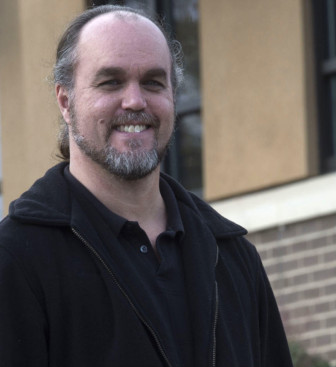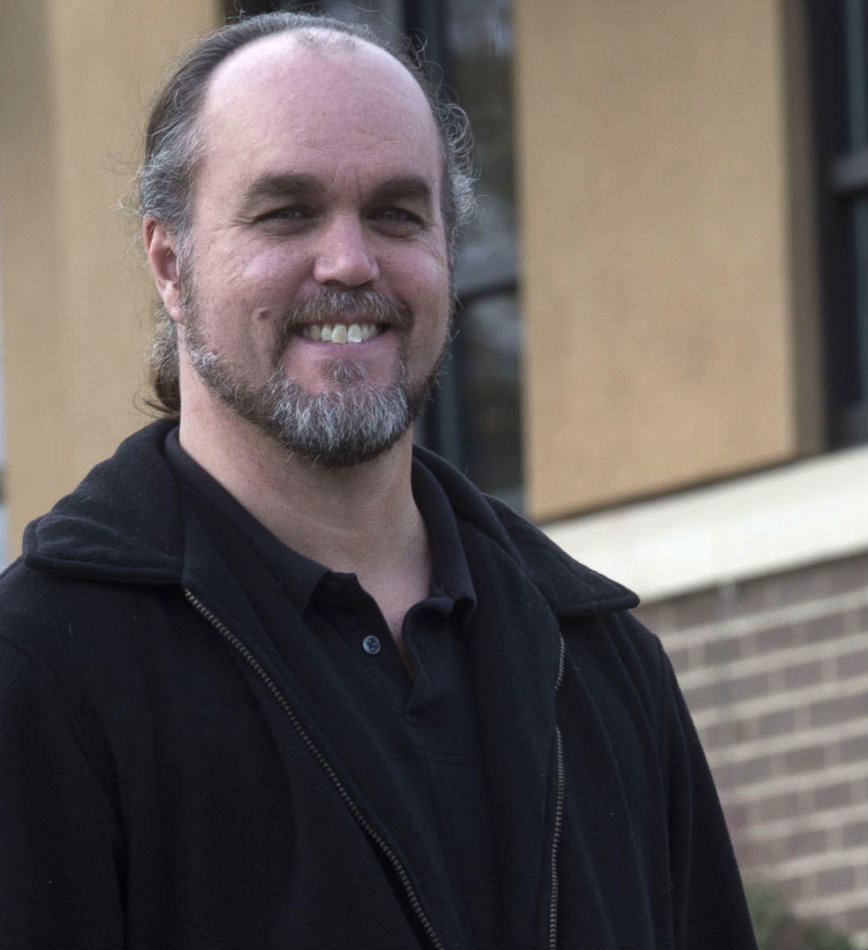 Are there those for whom redemption is impossible? I have known a lot of men who committed terrible deeds, and it seemed to me that every one of them had the potential to change, if they chose to and if they were properly supported. Opinions vary of course, and some were on display in Young Souls, Dark Deeds, a recent section in The New York Times examining charging children as adults for serious crimes.
Are there those for whom redemption is impossible? I have known a lot of men who committed terrible deeds, and it seemed to me that every one of them had the potential to change, if they chose to and if they were properly supported. Opinions vary of course, and some were on display in Young Souls, Dark Deeds, a recent section in The New York Times examining charging children as adults for serious crimes.
Using a recent case in Michigan as a springboard, each short piece lays out the authors’ views based on their own experiences and work. Earlier this month Michael Conner Verkerke was stabbed to death on a playground in the Grand Rapids suburb of Kentwood. He was 9 years old. His accused killer is Jamarion Lawhorn, 12, who called the police and turned himself in. “I just stabbed someone. Come and get me. I want to die,” he said. Lawhorn was charged as an adult.
Mark Mauer, of The Sentencing Project, comes out against the transfer to adult court, citing the historical approach of juvenile courts in supporting rehabilitation, “because of the understanding that such change is uniquely possible for young people.” He also counters the contention that there is a deterrent effect from such charges, since other young kids are unlikely to take Lawhorn’s situation into account. Finally, he contends that the next 10 years (since Lawhorn would be held until age 21 under juvenile law) should provide ample opportunity for the boy to receive therapy and other services that will make him fit for release.
Mauer gets help from Carmen Daugherty of the Campaign for Youth Justice. Citing a National Institute of Corrections report that most of the 200,000 youth currently held as adults are at greater risk not only of harm but of reoffense when released. In 35 states a similar case could be tried in adult court, and that the boy could receive a life sentence, despite the Supreme Court’s recent trend towards treating kids differently.
Liz Hare and Jennifer Bishop Jenkins write on behalf of the National Organization of Victims of Juvenile Murderers. Both have lost family members to teenage murderers (Ms. Jenkins has written for JJIE in support of juvenile life without parole sentences) and, although acknowledging the need for individual approaches to each case, come down in favor of maintaining prosecutors’ access to adult transfer. In fact, they see lessening those options as not only misguided but dangerous as well. They write: “The decision belongs to us all in a democracy, to the legislatures, the courts and the legal experts familiar with the facts of each case. Even removing the possibility of life sentencing for juveniles ties the hands of the courts and puts public safety at risk.”
Last is David LaBahn of the Association of Prosecuting Attorneys. Michigan, he points out, has a system that seeks to balance the severity of the case with the commitment to rehabilitation expected of a juvenile system even when a child is charged as an adult. Pre-teens charged with murder in Michigan are tried in family court, but in front of a jury. If convicted Lawhorn would be placed in the juvenile system for treatment. The catch is that at age 21 he would go in front of a judge to examine his efforts towards rehabilitation and his potential threat to society. Depending on the outcome of the hearing he could be released as a juvenile or sent to state prison with an adult conviction for murder.
The Michigan approach, at least in theory, seems to offer a good balance between community safety and rehabilitation. The bottom line for all offenders, and especially for kids, is that detention should only be used when the criminal is an ongoing threat to the community. If he is then he should be held in a humane facility where he can receive whatever treatment and support he needs to reintegrate. Any use of detention for a punitive result is not only misguided, but morally wrong, especially with kids.
































